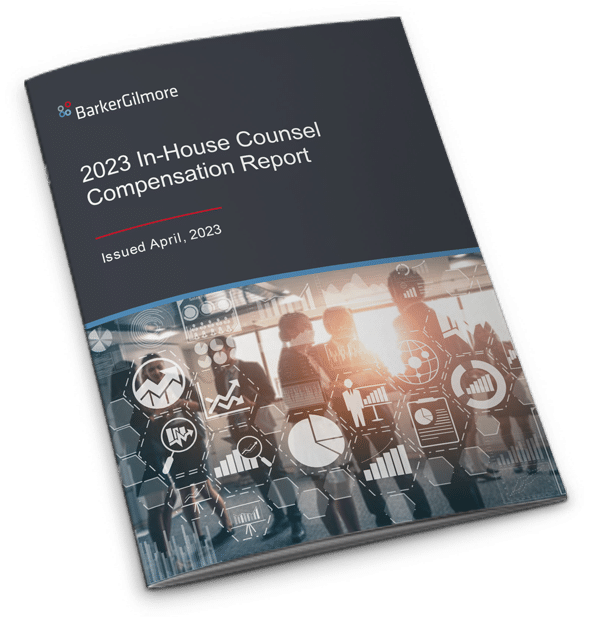What is strategy? A high-level plan of action is a common definition, but that simple explanation doesn’t adequately capture the intensity around the critical role strategy plays in business today. A more comprehensive definition of strategy is working out the company’s best position relative to all the forces present in the competitive environment. Every executive must internalize the enterprise strategic plan, and design functional area goals and activities to align with that strategy. For the executive in compliance, the CCO, this more comprehensive approach to strategy goes well beyond incorporating the “7 elements” into the compliance program to earning a well-deserved seat at the executive table. The strategic CCO commands an enterprise-wide view, uses a risk-based approach to planning, sets clear expectations and delivers results, and most importantly, leverages sophisticated interpersonal skills to influence change and commitment at every level of the organization.
Highly effective CCOs have gravitas. They are trusted, respected, and sought-out for their counsel. As a member of the executive team – the working group that runs the company – the CCO has a view into all areas of the business and collaborates with other executives to evaluate and prioritize risks. Once prioritized, focus is the best way to accomplish those goals directed at minimizing risk exposure.
The annual compliance work plan is the document that focuses compliance activities throughout the year. The savvy CCO must “sell” the compliance plan and program to everyone in the company, from the grounds crew to the board. By flexing their approach and presentation to effectively influence widely varying audiences, CCOs can assure that the compliance message is received and internalized, being certain to provide the “why” behind the plan and any changes they are advocating. Taking charge and marketing the compliance goals with a powerful message about the critical nature of compliance and its business impact are essential to the CCO’s success.
At the end of the year, the board determines whether the compliance program meets the company’s business needs and whether the CCO has effectively led that charge. The CCO who wants to insure a big thumbs up must first set expectations and then deliver results. Tell them what you will do, and then do it. Setting expectations with the board is making certain that the board knows the plan and signs on to it. Clarity is paramount. The strategic CCO can then deliver the results that the board, and everyone in the company, expects – a powerful business impact.
In Resilience, a journal of strategy and risk, PwC leaders opine that the CCO is indispensable to the CEO, especially in times of change and that the CCO may well be the C-suite star of the future. Certainly, the key role of the CCO as a versatile leader and executive will continue to grow and evolve. If you would like to read more about how today’s top CCOs are making their mark on executive teams and in board rooms, click here for a copy of Take a Seat at the Table: How to Realize your Potential as a Strategic CCO.
Connect with a legal recruiting advisor
* indicates required fields



